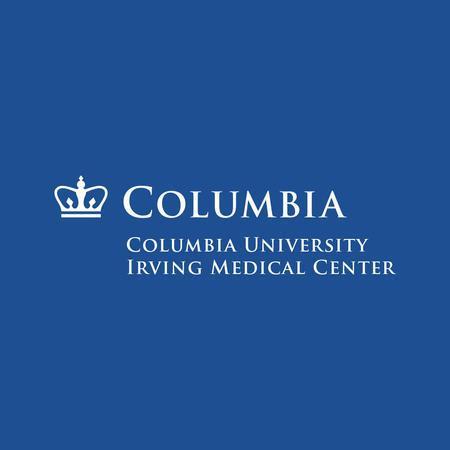Services, nec, nec, Internal medicine practitioners
Andrew J. Einstein, MD, PhD
Andrew J. Einstein is a cardiologist, cardiac imager, and researcher at Columbia University Irving Medical Center and NewYork-Presbyterian Hospital. He serves as Director of Nuclear Cardiology, Cardiac CT, and Cardiac MRI, Director of the Advanced Cardiac Imaging Fellowship, and a tenured Professor of Medicine, with primary appointment in the Department of Medicine and secondary appointment in the Department of Radiology. Born and raised in New Jersey, Dr. Einstein received an A.B. from Princeton University and attended Mount Sinai School of Medicine, where he received an M.D. as well as a Ph.D. in the Department of Biomathematical Sciences. His graduate research focused on developing image analysis methodology in microscopy. He also received an M.S. in patient-oriented research/biostatistics from Columbia's Mailman School of Public Health. After internship and residency in internal medicine at Rutgers Robert Wood Johnson Medical School, he completed fellowship training at Mount Sinai.Dr. Einstein’s clinical activities are centered on cardiovascular PET, SPECT, CT, and MRI, and he serves on the attending physician staff in the Heart Institute. His research, which uses each of these modalities, focuses on improving the use of imaging in cardiovascular medicine, with particular interests and current funded projects in quality of healthcare, radiation safety, global health, amyloidosis, artificial intelligence, and device development. It is funded by multiple NIH grants, the International Atomic Energy Agency, and industry.Dr. Einstein is the author or coauthor of over 300 papers and abstracts, in leading journals including the New England Journal of Medicine, JAMA, Lancet, BMJ, Circulation, and the Journal of the American College of Cardiology. This work has been influential in affecting clinical practice, and has been widely reported in the popular media and cited over 16,000 times in the scientific literature. For it, Dr. Einstein has received the American College of Cardiology's Douglas P. Zipes Distinguished Young Scientist Award, the Society of Nuclear Medicine and Molecular Imaging’s Hermann Blumgart Award, the American Federation for Medical Research's Junior Physician Investigator Award, and the Lewis Katz Cardiovascular Research Prize for a Young Investigator.He is a member of the editorial boards of JACC: Cardiovascular Imaging and the Journal of Nuclear Cardiology, and served as an Associate Editor of the Journal of Cardiovascular Computed Tomography. He is frequently invited to lecture on subjects related to cardiovascular imaging, and has addressed organizations such as the American Heart Association, American College of Cardiology, European Society of Cardiology, International Atomic Energy Agency, U.S. Food and Drug Administration, and the U.S. Senate in an AAAS Center for Science, Technology and Security Policy briefing. He has served as a member of study sections of the Center for Scientific Review, National Heart, Lung, and Blood Institute, and National Cancer Institute. He is Chair of the Academic Cardiology Section of the American College of Cardiology, and a member of the boards of directors of the American Society of Nuclear Cardiology and the Cardiovascular Council of the Society of Nuclear Medicine and Molecular Imaging. He serves as a member of the Congressionally-chartered National Council on Radiation Protection and Measurements and of the U.S. Nuclear Regulatory Commission’s Advisory Committee on the Medical Uses of Isotopes, and previously served as a voting member of the Food and Drug Administration’s Medical Imaging Drugs Advisory Committee. Dr. Einstein has served as a mentor to over fifty trainees at various stages ranging from high school to junior faculty.








